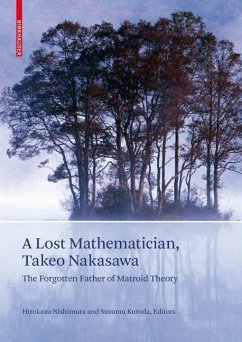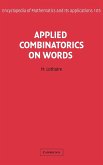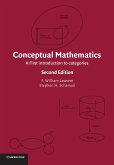Matroid theory was invented in the middle of the 1930s by two mathematicians independently, namely, Hassler Whitney in the USA and Takeo Nakasawa in Japan. Whitney became famous, but Nakasawa remained anonymous until two decades ago. He left only four papers to the mathematical community, all of them written in the middle of the 1930s. It was a bad time to have lived in a country that had become as eccentric as possible. Just as Nazism became more and more flamboyant in Europe in the 1930s, Japan became more and more esoteric and fanatical in the same time period. This book explains the little that is known about Nakasawa's personal life in a Japan that had, among other failures, lost control over its military. This book contains his four papers in German and their English translations as well as some extended commentary on the history of Japan during those years. The book also contains 14 photos of him or his family. Although the veil of mystery surrounding Nakasawa's life hasonly been partially lifted, the work presented in this book speaks eloquently of a tragic loss to the mathematical community.
Bitte wählen Sie Ihr Anliegen aus.
Rechnungen
Retourenschein anfordern
Bestellstatus
Storno








